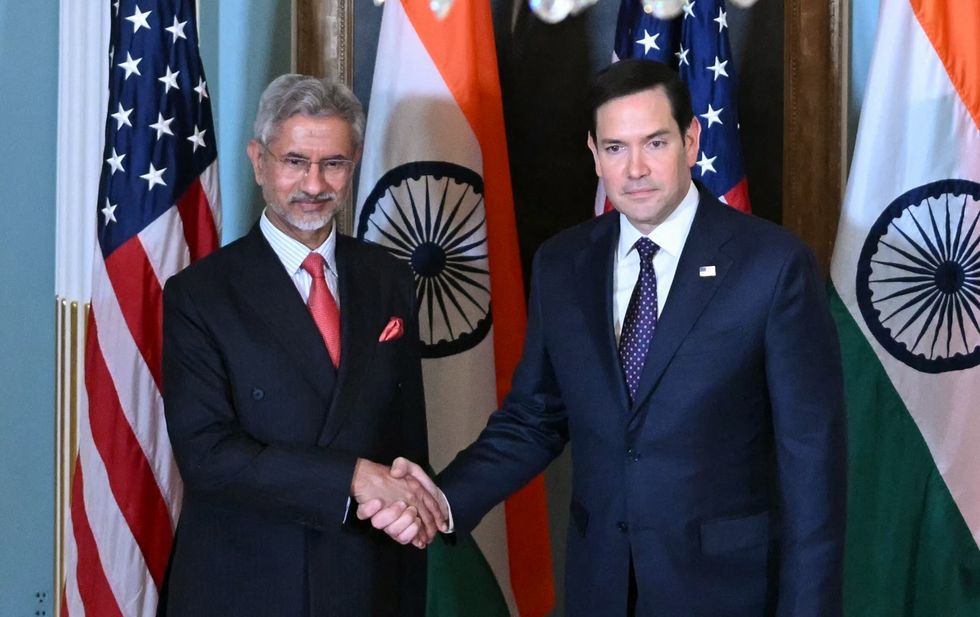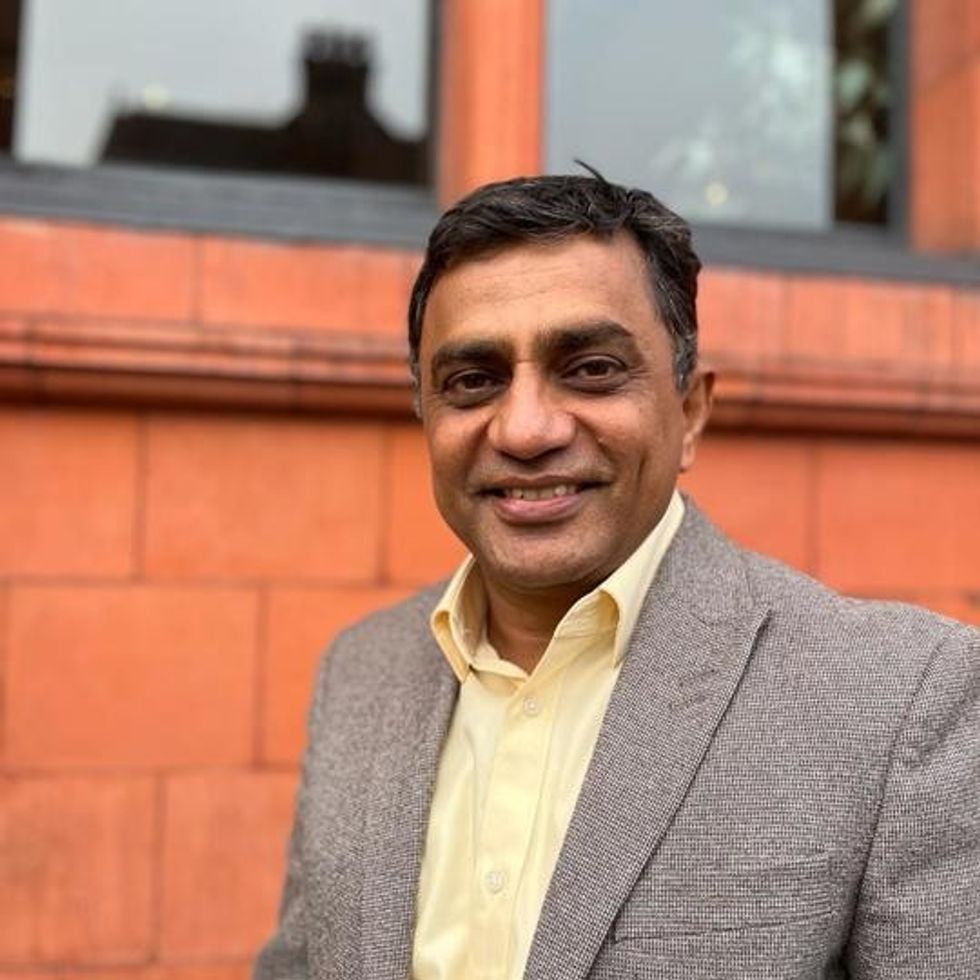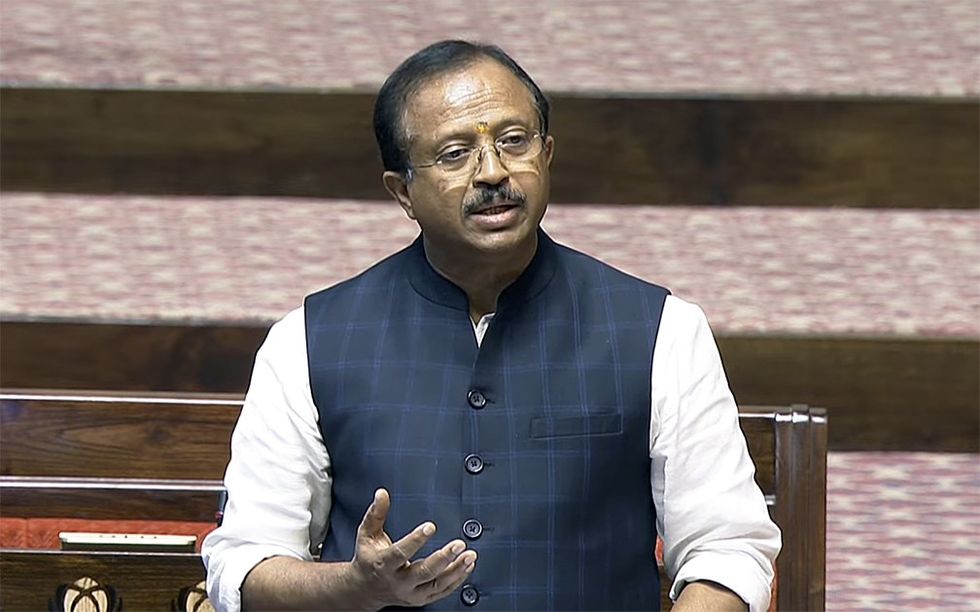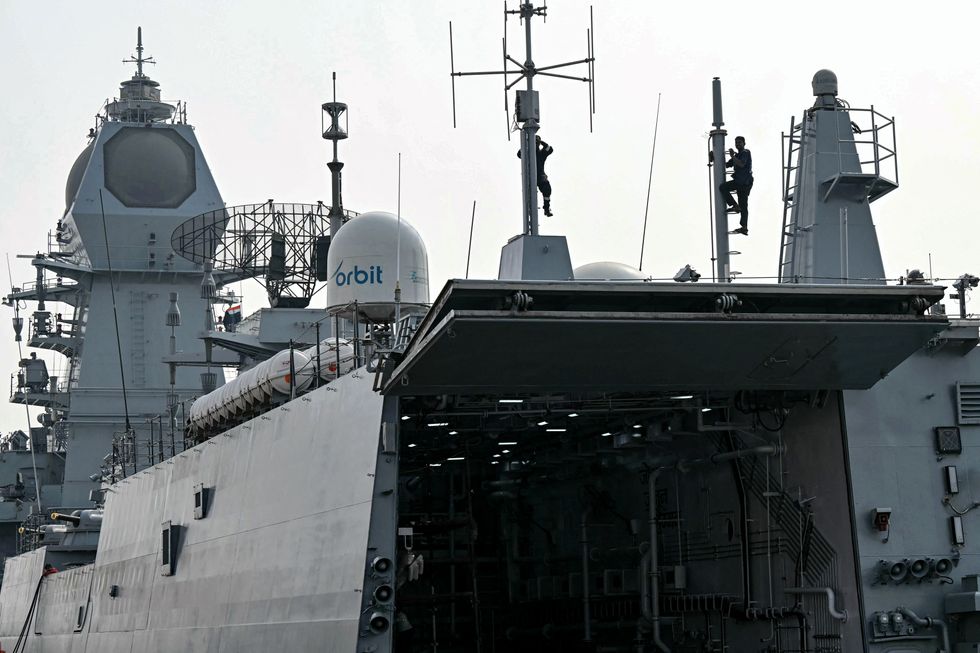India’s prime minister Narendra Modi returned home on Tuesday (July 12) after a four-nation African tour that was aimed at boosting ties in a region where rival China has a strong presence.
South Africa, Mozambique, Kenya and Tanzania were on the Indian leader’s itinerary as he discussed boosting investment and trade with the countries’ respective leaders.
“After a vital Africa tour which witnessed key talks, interactions & agreements, PM @narendramodi reaches Delhi,” Modi’s office said in a tweet on Tuesday.
India’s economic presence in Africa is dwarfed by that of China, whose trade with the continent topped $200 billion (£151bn) last year – more than the GDP of the 30 smallest African economies combined.
But it is gaining ground, dominated by the energy sector and led by private entrepreneurs. India is now South Africa’s sixth largest trade partner, with two-way trade reaching $5.3bn (£4bn) in 2015-16.
Modi said Indians “always believe in nurturing and nourishing and not in exploiting” its partners.
“Indian companies hold strong business interests in South Africa. About one-fourth of our investment in Africa are in this country and there is potential to expand our business ties,” Modi told a media conference before a business summit between the two countries in the capital Pretoria.
As well as trade and tourism, president Jacob Zuma said the two countries would identify areas of cooperation “including the defence, deep mining, renewable energy and health sectors”.
Modi thanked Zuma for supporting India’s aspiration to join a club of countries controlling access to sensitive nuclear technology.
“We know we can count on the active support of our friends like South Africa,” Modi said.
The 48-nation Nuclear Suppliers Group aims to prevent the proliferation of nuclear weapons by restricting the sale of items used to make them. It was set up in response to India’s first nuclear test in 1974.
Taken together, India and Africa are home to a third of the world’s population, but neither India nor any African country has a permanent seat on the five-member UN Security Council.
“South Africa and India enjoy strong relations dating back to the struggle against apartheid,” Zuma added. “India was a vociferous campaigner against apartheid colonialism.”
India has been working to build ties with African nations as it vies for a greater share of the continent’s natural resources. Last year, it hosted a summit of Africa’s heads of state in New Delhi.
South Africa also has 1.3 million people of Indian origin, the largest diaspora population in Africa – a major focus of Modi’s diplomatic push across the world since taking office two years ago.
In Tanzania, Modi said last Sunday (10) his government would consider giving the country a $500 million (£377m) loan to finance water projects in the east African nation.
Both countries signed several agreements, including a loan of $92m (£69m) for water projects in Tanzania’s semi-autonomous Zanzibar islands.
Modi said the Indian government was ready to offer additional financing for other water projects in east Africa’s second-biggest economy.
“India is willing to consider an additional $500 million line of concessional credit,” he said at a news conference with Tanzanian president John Magufuli in Tanzania’s commercial capital, Dar es Salaam.
“President Magufuli and I agreed to deepen India-Tanzania ties in agriculture, food security, trade, natural gas and other vital sectors.”
Tanzania and India also agreed to boost cooperation in health, education, industry and information and communications technology.
On Monday (11), Modi held talks with Kenyan president Uhuru Kenyatta. The two sides signed seven pacts, including in defence and security and avoidance of double taxation.
Modi’s first stop was Mozambique, where he vowed to be “a trusted friend” after talks with president Filipe Nyusi in Maputo.
The first Indian leader to visit Mozambique in 34 years, Modi said the two countries would work together on agriculture, defence, security and healthcare.
“In Mozambique’s march towards economic prosperity, India will walk every step of the way. We will be a trusted friend in your development and a reliable partner,” Modi said.
India’s foreign ministry sought to downplay any rivalry with China and denied New Delhi had neglected the continent in the past.
“(Relations between India and Africa) are like two banks of a river which are apart but never separate. We are trying to bridge that,” said Amar Sinha, secretary for economic relations in the foreign ministry.
“Africa is a huge continent. It has tremendous requirement for development assistance and infrastructure building. Everybody can chip in.”





 US secretary of state Marco Rubio with India’s foreign minister Subrahmanyam Jaishankar in Washington DC last Tuesday (21)
US secretary of state Marco Rubio with India’s foreign minister Subrahmanyam Jaishankar in Washington DC last Tuesday (21) Anit Mukherjee
Anit Mukherjee V Muraleedharan
V Muraleedharan Dr Sasikumar S Sundaram
Dr Sasikumar S Sundaram













 Workers clean communication equipment aboard INS Surat on January 11
Workers clean communication equipment aboard INS Surat on January 11